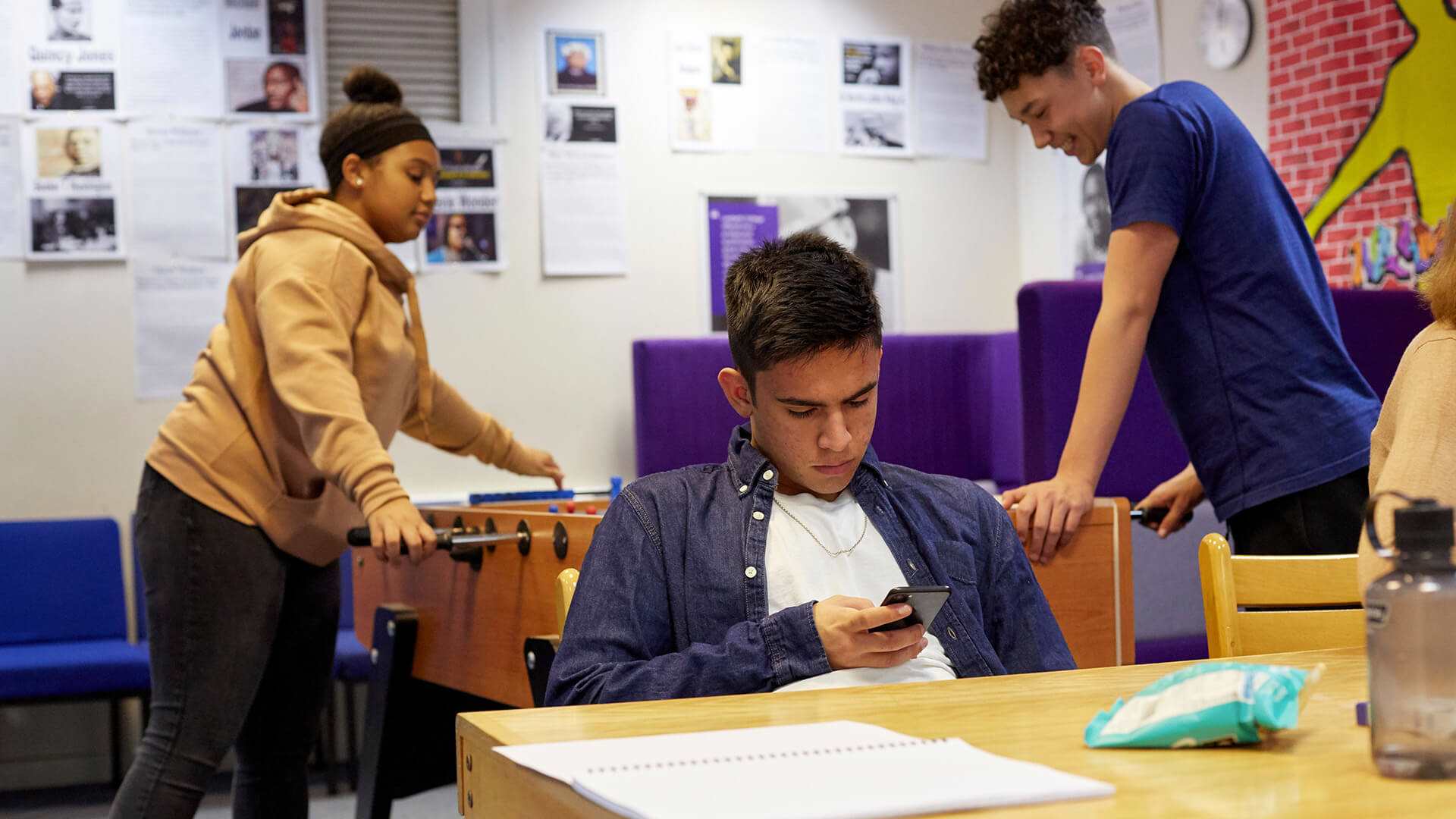What is mental health?

We all have mental health, just like we all have physical health. Sometimes we feel well, and sometimes we don’t.
Mental health is complicated because it’s about how we think, feel and act, and this is always changing.
When our mental health is good, we enjoy being around other people and we feel able to take on challenges and new experiences. But when our mental health is not so good, we can find it much harder to cope.
Remember, if you’re struggling with how you think, feel or act, you are not alone and things can get better. You deserve all the help and support you need to feel confident and comfortable being yourself so that you can enjoy life.
Sometimes it’s raining, sometimes it’s sunny, but most of the time it is in-between. We can’t always control our mental health, like we can’t control the weather, but if we are struggling we can choose how we deal with it.
What is a mental health problem?

We all have good days and bad days, but when negative thoughts and feelings start to affect your daily life and stop you doing the things you enjoy, or your ability to feel ok, this means you probably need some support with your mental health.
For example, nearly everyone gets anxious before an exam, a job interview or a first date. But if we feel anxious all the time, constantly worrying that the worst could happen, and this stops us sleeping well or meeting up with friends, we might benefit from some help.
What causes mental health problems?
There are lots of reasons why we might start struggling with our mental health. These can include:
- difficult things going on in your life
- life experiences, such as trauma, violence or abuse
- physical health problems
- pressure at school, work, or about money
- difficult relationships with partners, family or friends
- family history of mental health problems
Often it isn’t just one of these things and sometimes there is no obvious cause. Whatever the reasons you might be struggling it’s important to remember that it isn’t your fault and that things can get better.
Life affects us all differently. No one is the same. That’s why the right mental health support will look different to different people. What works for one person might be not work the same for you, and that’s ok.
The important thing is to be open and try different things until you find the things that work for you.
How do I know when to get help with my mental health?

Most of us will struggle with our mental health at some point in our lives, just like we all get sick once in a while. If you notice a negative change in how you’re feeling, or you find yourself doing things that worry you, speak to someone you trust.
Trust your instincts – you know if something is up. Don’t wait for things to get really bad before reaching out. The earlier you get help, the more likely it is that you can stop your problem getting worse.
Here are some signs to look out for:
- feeling hopeless – struggling to see the positives in life, or wishing you didn’t exist
- getting into lots of arguments or fights
- feeling sad all the time
- feeling angry all the time
- feeling anxious all the time
- numbness – not feeling any emotions at all
- extreme highs and lows, or mood swings
- feeling worthless
- changes to your eating patterns – starving yourself, over-eating, making yourself sick
- hearing voices or seeing things that aren’t there
- hurting yourself on purpose
- keeping away from friends and family
- relying heavily on alcohol, drugs or sex
- obsessive behaviour or thoughts – feeling there is something you have to do/think about all the time or something bad will happen
- experiencing nightmares, flashbacks or upsetting thoughts
- obsessing about how you look
- constant unwanted thoughts
If you recognise any of these signs, or anything else that seems out of the ordinary, or not ‘normal’ for you, then it is important to reach out for help. This doesn’t mean that you necessarily have a mental health problem, but it’s likely that some support will help you on your journey to feeling your best.
Find help
The YoungMinds website was created to help you find the support you need. Have a look at our guides and advice.
Helplines and services
However you're feeling, whatever the reason, if you're struggling there are people who can help. Here are some services that can support you.
-
The Mix
Offers support to anyone under 25 about anything that’s troubling them.
Email support available via their online contact form.
Free 1-2-1 webchat service available.
Free short-term counselling service available.
- Opening times:
- 3pm - 12am, seven days a week
-
Childline
If you’re under 19 you can confidentially call, chat online or email about any problem big or small.
Sign up for a free Childline locker (real name or email address not needed) to use their free 1-2-1 counsellor chat and email support service.
Can provide a BSL interpreter if you are deaf or hearing-impaired.
Hosts online message boards where you can share your experiences, have fun and get support from other young people in similar situations.
- Opening times:
- 24/7
-
Samaritans
Whatever you're going through, you can contact the Samaritans for support.
- Opening times:
- 24/7





